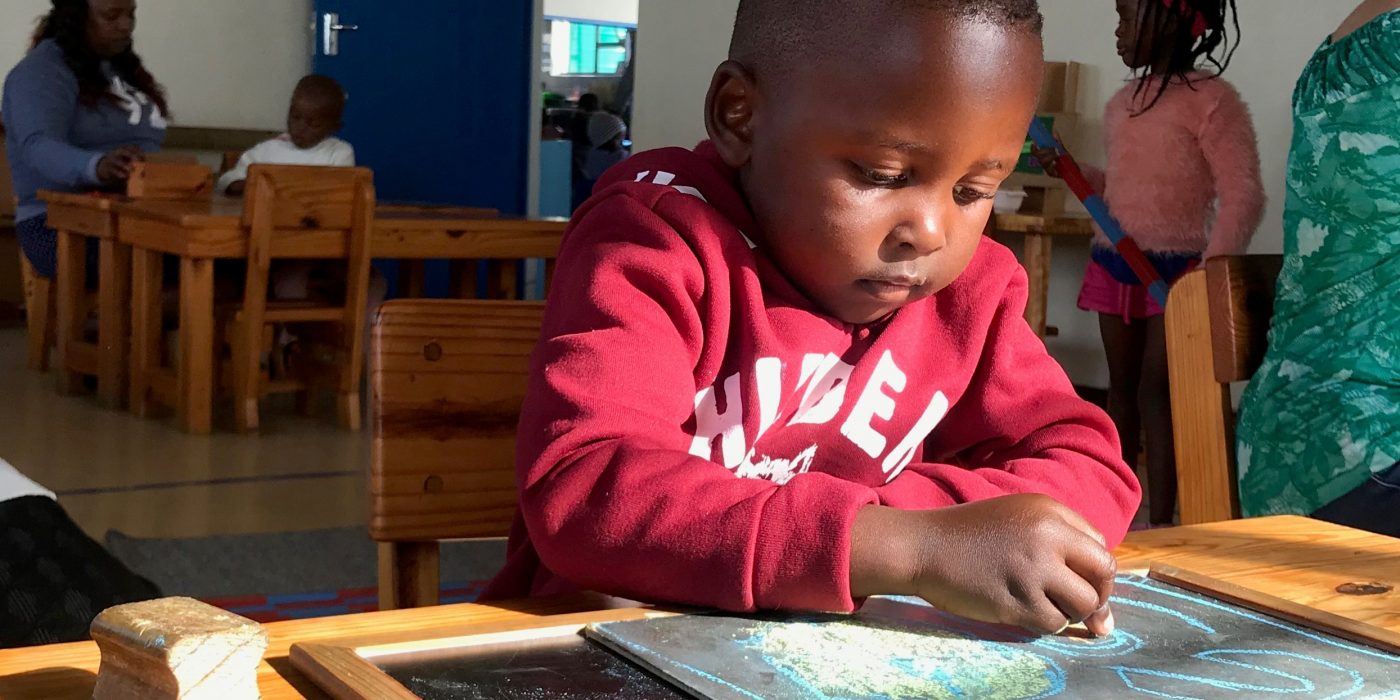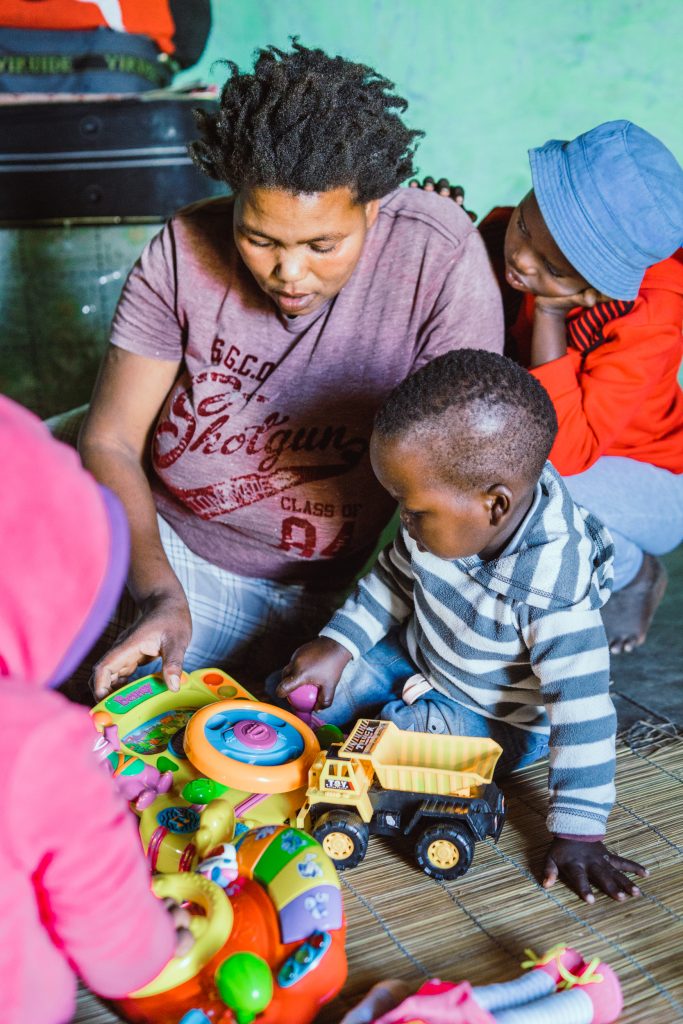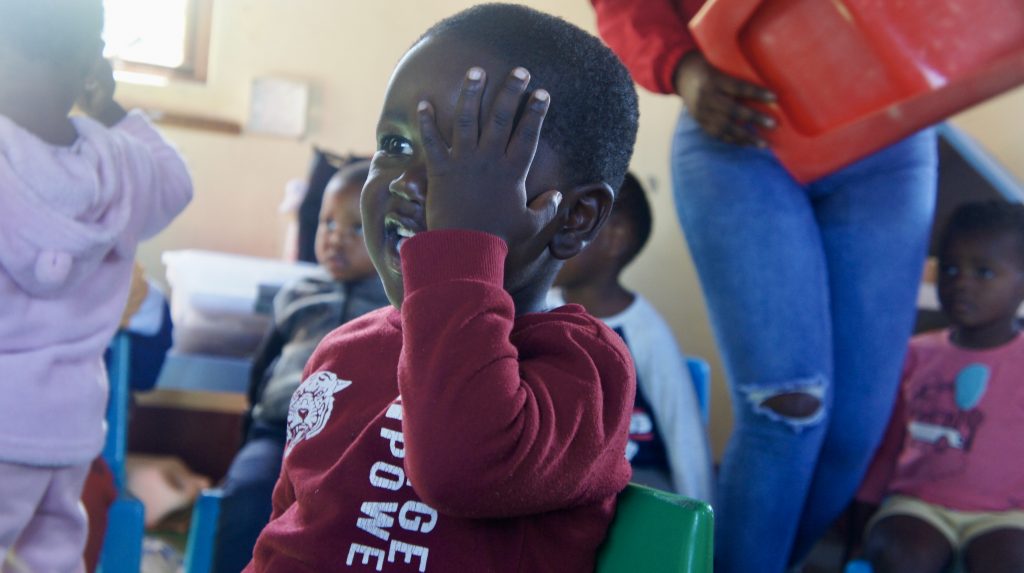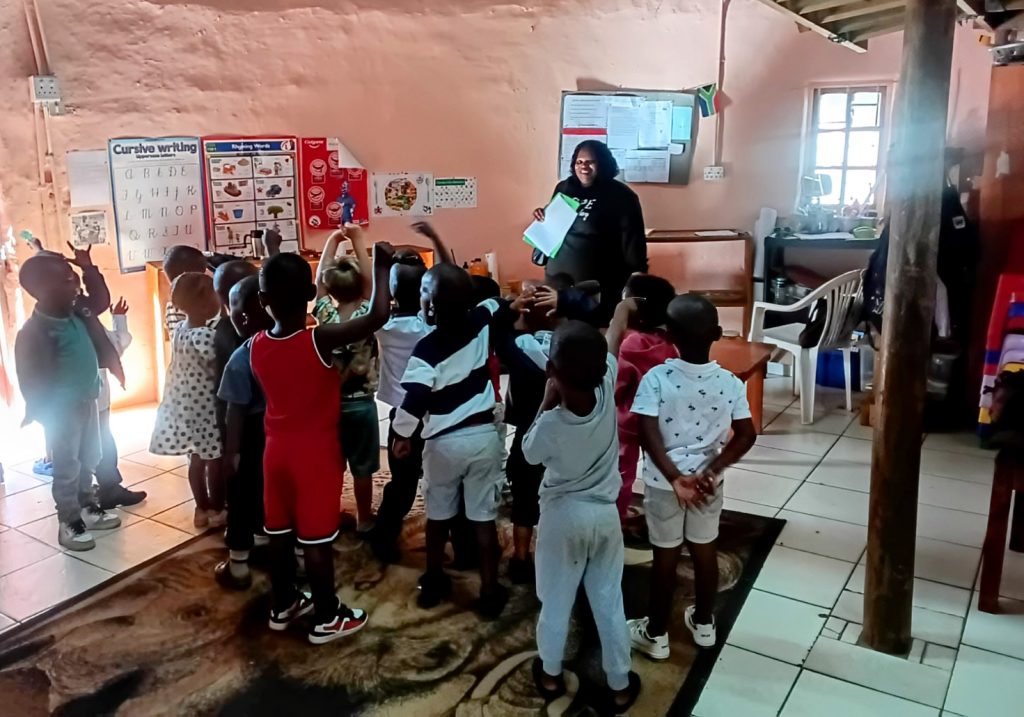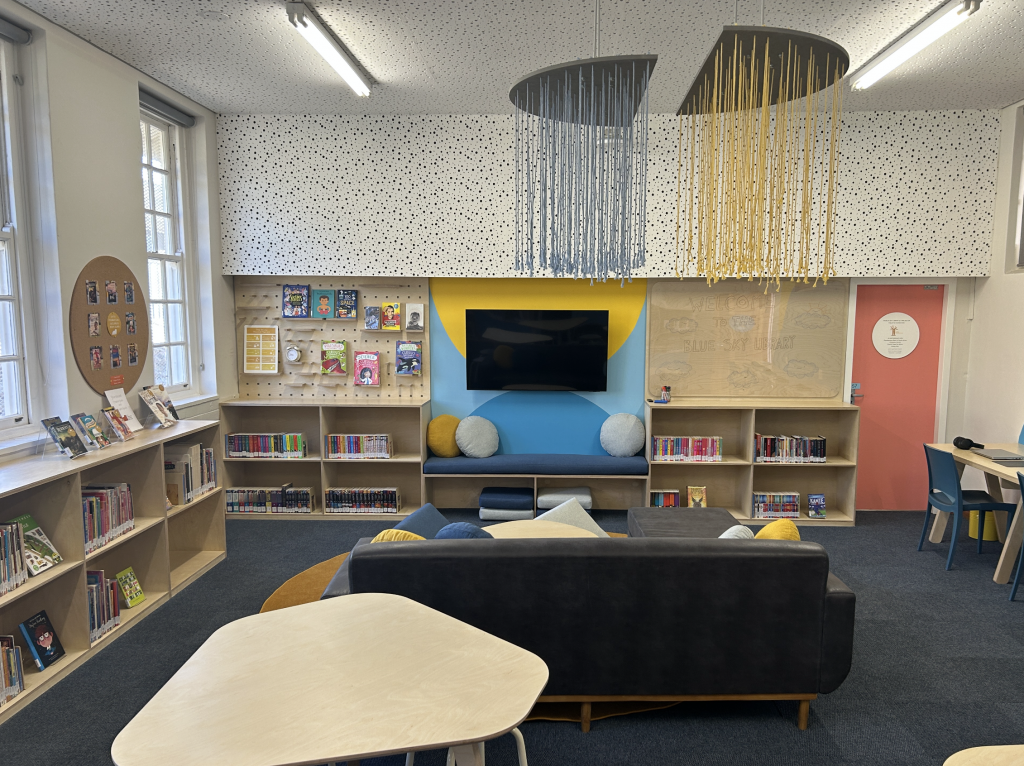The focus of Kamvalethu’s work lies in the Early Childhood Development (ECD) sector. In development, there are always compelling stories and when you hold people at the center of what you do- it is impossible not to be moved by these and have a desire to do more. We are a small team, with a (comparatively) small budget and while we know ECD will not solve all the challenges we face, it is certainly a good place to start.
It has long been a sore point that children in our programmes leave our outstanding ECD centres and enter, for lack of a better word, a failing government school system. In the rural area where our project partners are based, only 32%* of children complete schooling; there is limited access to reliable and suitable health care; a large majority of people are living in poverty; rates of malnutrition are skyrocketing (especially during COVID-19) and there are severely limited resources.
However, with this as the backdrop, I was encouraged to read about the ‘Perry Preschool Project’. Parents from low-income areas were recruited to enroll their 3 and 4-year-old children into the Perry Pre-school. Here, they were divided randomly into a treatment and control group. The treatment group was enrolled in a high-quality preschool programme and the control group was left to fend for themselves. These children have now been tracked for decades and are in their fifties.
“As a case for early childhood intervention, the study has always been regarded as something of a failure”
The treatment children did do significantly better cognitively for a year or two after the programme but then this leveled out in relation to their peers in the control group. There was no real long-lasting IQ benefit to the intervention. But here is the kicker, the long-term results have been the most surprising! Compared to the control group, the Perry kids were more likely to graduate high school, more likely to be employed and earn more, less likely to be arrested and the list goes on.
It turns out the lasting impact of the kids being in a high-quality ECD setting was on their non-cognitive skills.
Their social and emotional development; their grit, curiosity, self-control and personal behaviour.
This gives me hope that the input our children receive from our high-quality ECD partners, who offer a holistic education, including to their caregivers, will have the long-lasting impact we have always desired for them.
*https://wazimap.co.za/profiles/province-EC-eastern-cape/#education
